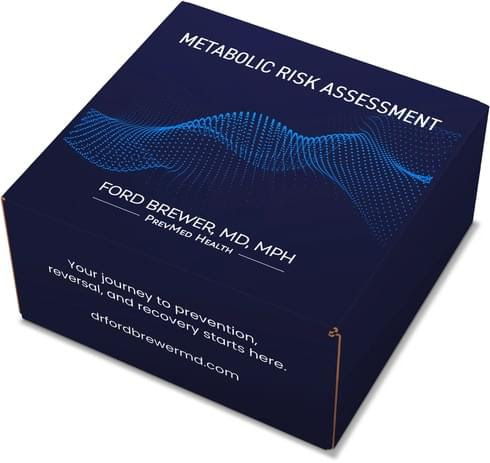There’s just not enough focus on sleep. For instance, when kids go to college, they get training on how to study, how to interact with each other, how not to drink (which is a good thing), etc. But they never get training on sleep.
Now, as we get older, what do we do about sleep?
Most of us still ignore it. Most think sleep is a waste of time, especially with the focus on a 24/7 economy.
Sleep is associated with our metabolism. Here’s a good book on sleep. It’s titled “Why We Sleep: Unlocking the Power of Sleep and Dreams.” The author is Matthew Walker.
The book covers important sleep questions, like the effect of caffeine and alcohol, REM sleep, changing sleep patterns, sleep aids, among other things.
Walker appears to be a good scientist, and his one point that sticks out is that one night of bad sleep can cause two days of increased insulin resistance. He also explained other effects of sleep on hormones, cancer, and aging.
Here’s a video where I summarized some of the book’s points.
REM vs. NREM sleep
Let’s talk a bit about the types of sleep.
There’s REM sleep (REM stands for rapid eye movement). It’s the second half of the sleep. If you wake up at 3 a.m. and have a hard time going back to sleep, then it’s REM sleep that you’re missing.
NREM is non-rapid eye movement sleep, and it makes up the first half. It’s a slow wave, deep sleep.
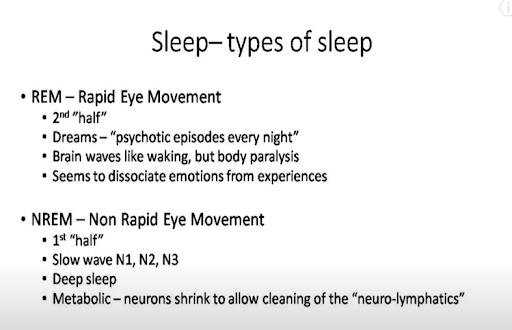
Both REM and NREM sleeps are important. Walker gets into the details of how and why these two are important. One of them helps people create synapses, while the other one helps in pairing synapses.
Sleep and accidents
Statistics give a good start on viewing the importance of sleep. For instance, several adverse effects of sleep apnea are flying “under the radar.” (A person with sleep apnea has breathing interruptions while sleeping.)
In the image below, the American Academy of Sleep Medicine showed the “staggering economic cost of undiagnosed obstructive sleep apnea.”
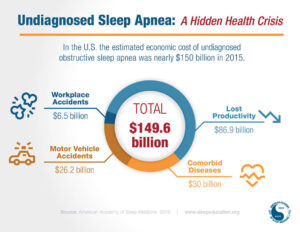
Another big statistic associated with sleep concerns micro-sleep. That’s when we get a bit sleepy, so we stop or get some coffee to continue a lengthy drive.
In 2018, USA Today wrote that sleepy drivers cause 1 in 10 crashes in the US, based on a study by AAA Foundation for Traffic Safety’s Traffic Research Group. This is a major statistic, and such accidents could kill not only the driver but also other people on the road.
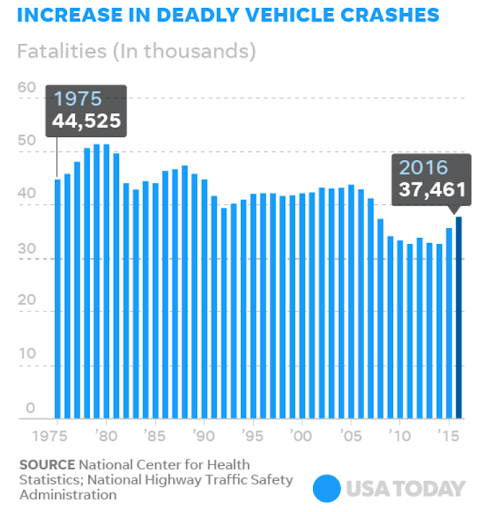
Sleep and glucose metabolism
Sleep loss is connected with glucose metabolism.
Knutson and Cauter (2008) wrote the study titled “Associations between sleep loss and increased risk of obesity and diabetes,” stating that as little as one night of sleep loss could trigger insulin resistance.
The Nurses’ Health Study and the Swedish study showed patterns of insulin resistance and type 2 diabetes in subjects with years of less-than-seven-hour sleep.
Moreover, sleep deprivation increases the production of the hormone cortisol, and cortisol can cause insulin resistance. If you haven’t heard about the “dawn effect,” that’s a condition caused by cortisol. This is when you have high fasting glucose in the morning, but blood sugar levels go down after eating breakfast, which sounds counterintuitive.
Sleep and hormones
Sleep loss has a huge impact on hormones.
Not only with cortisol which can cause insulin resistance. Sleep also affects insulin, growth hormone, ghrelin, leptin, follicle-stimulating hormone, and testosterone.
In a study titled “Inadequate sleep as a risk factor for obesity: analyses of the NHANES I,” decreasing sleep direction is correlated with increasing obesity “by decreasing leptin, increasing ghrelin, and compromising insulin sensitivity.” (NHANES is short for the National Health and Nutrition Examination Survey.)
Sleep and weight gain
What does the NHANES study mean?
Ghrelin is the hunger hormone, and you tend to be hungry the day you miss some sleep. Leptin is a hormone that plays a crucial role in weight control. Combine those two factors, and you see how lack or shortage of sleep would impact weight gain.
Moreover, decreased sleep duration is associated with obesity in children. Same with obesity in older adults, as shown in several studies like the CARDIA sleep study.
Sleep and cancer
Sleep loss has also been associated with cancer.
In fact, the World Health Organization (WHO) labeled night shift work as a probable carcinogen “due to circadian disruption.”
There are known increases in cancer of the prostate, breast, uterus, and colon caused by sleep loss. Dr. David Gozal and his associates had done research on animal models, showing the connection between sleep apnea and cancer.
Sleep loss is also seen to decrease killer T cells which are involved in wiping out cancers. So if killer T cells are decreased, the ability to prevent cancer is decreased as well.
Sleep loss also decreases certain types of macrophages while increases others, which leads to a bad effect.
Sleep and aging
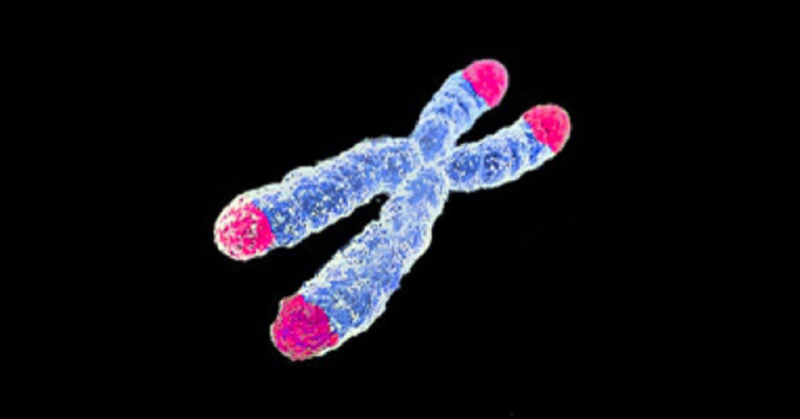
Source: AJC1, https://theconversation.com/end-of-ageing-and-cancer-scientists-unveil-structure-of-the-immortality-enzyme-telomerase-95591. This file is licensed under the Creative Commons Attribution-Share Alike 4.0 International license. https://creativecommons.org/licenses/by-sa/4.0/deed.en
Have you heard of telomeres?
Telomeres are structures at the end of the chromosome.
Why are telomeres important?
Telomere shortening has been associated with a shortened lifespan.
In an article titled “Effects of insufficient sleep on circadian rhythmicity and expression amplitude of the human blood transcriptome,” Möller-Levet and associates have shown that “one wk of insufficient sleep alters gene expression in human blood cells, reduces the amplitude of circadian rhythms in gene expression, and intensifies the effects of subsequent acute total sleep loss on gene expression.”
Even short-term sleep loss seems enough to cause telomere shortening.
In “Short sleep duration is associated with shorter telomere length in healthy men: findings from the Whitehall II cohort study,” Jackowska and associate wrote that, “This study adds to the growing literature relating sleep duration with biomarkers of aging, and suggests that shortening of telomeres might reflect mechanisms through which short sleep contributes to pathological conditions in older men.”
Snoring appears to have also an effect, as suggested by Shin and associates in their study titled “Association between Snoring and Leukocyte Telomere Length.” So the next time your spouse is snoring, you can tell him/her that he/she is shortening his/her telomeres.
Lastly, chronic sleep loss has been associated with Alzheimer’s disease, cold, depression, immune function, high dysfunction, hypertension, among other things
How much sleep is enough?
The current average for sleep is 6.8 hours versus 9 hours a century ago. We don’t know how they got that “9,” but it’s safe to say that we’re not sleeping as much as we used to. The healthy level is 7.5 hours, not 5.
Are there people who think that they’re healthy, they’re okay, and they feel good with 5 hours of sleep?
While there are people that are genetically different, that can go by with 5 hours of sleep, these people are rare.
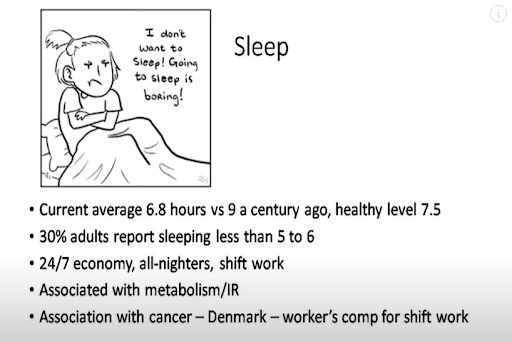
If you found this article helpful and want to start taking steps toward reversing your chronic disease, Dr. Brewer and the PrevMed staff are ready to serve you no matter where you’re located.
To find out more, schedule a consult here: prevmedhealth.com

